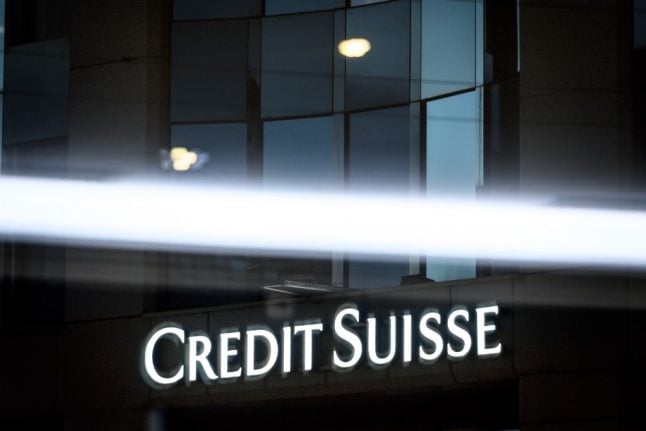Agents working for France's National Directorate of Tax Investigations (DNEF) make covert, and very illegal, reconnaissance missions without
informing Swiss authorities, Le Matin reported on Sunday, quoting several unnamed agents.
"We are not allowed to go to Switzerland without an official mission order," one of the agents told the paper.
"However, nothing stops us from going on a weekend trip to Geneva to admire the Jet d'Eau," the agent said, referring to the city's massive fountain, a famous landmark.
He explained that Swiss authorities in recent years had been very slow to respond to French requests to pursue their investigations in Switzerland.
"In this context, we are tempted to go get the information for ourselves," he said.
Such missions were always carried out when an agent was officially on holiday, using a personal credit card for all expenses and often travelling with a friend or family member, according to the report, based on a number of interviews carried out in September and October.
Once in Switzerland, the agents would look, for instance, at businesses belonging to French taxpayers to make sure they have actual offices, employees and clients and are not just shell companies, the report said.
Switzerland's attorney general Michael Lauber meanwhile told the paper he was aware of the illegal French missions.
But he said it was very difficult to come up with the proof necessary to open an official investigation.
DNEF, meanwhile, refused to comment when Le Matin confronted it with the information.


 Please whitelist us to continue reading.
Please whitelist us to continue reading.
Member comments